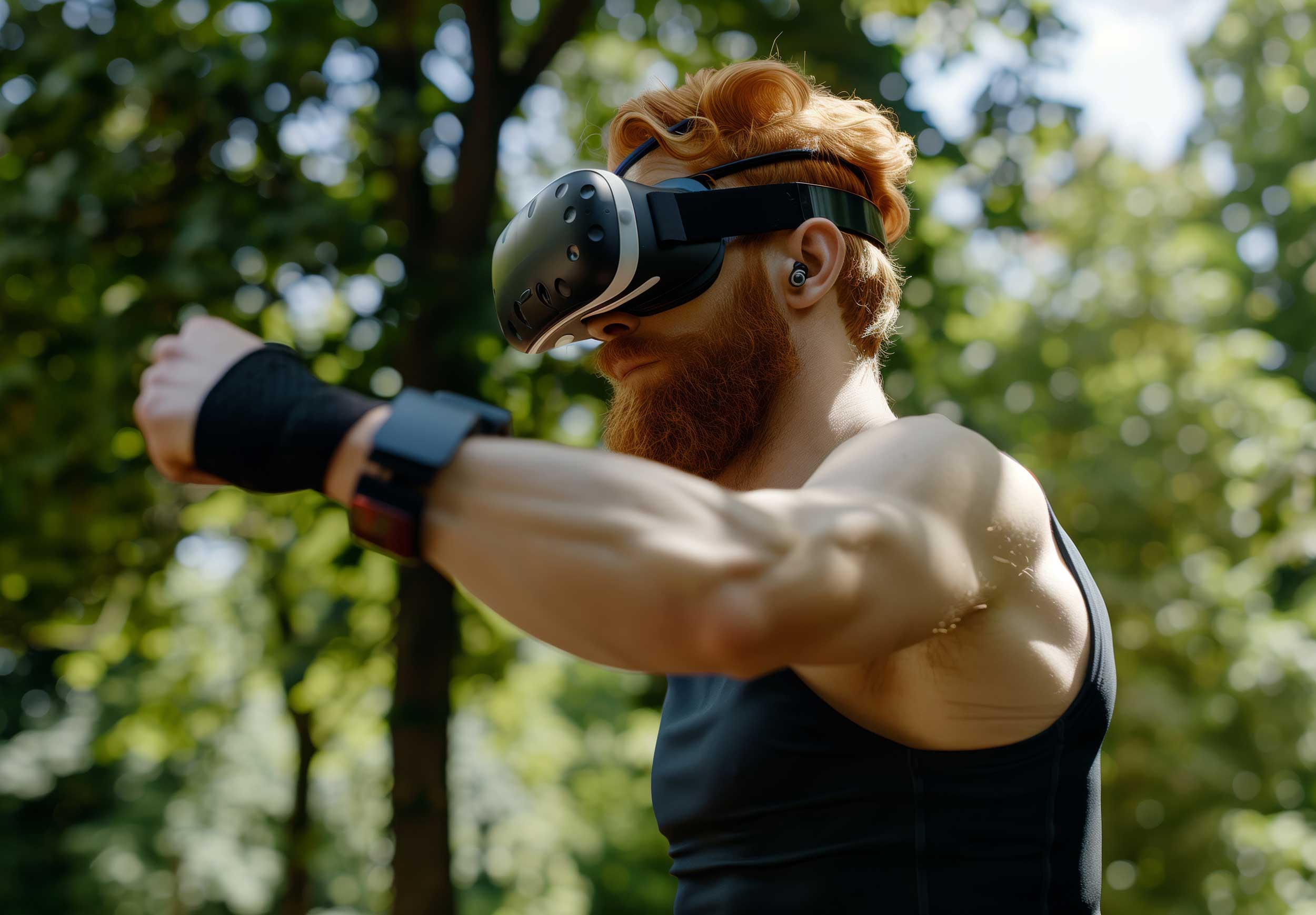
Image by Artit Wongpradu, Shutterstock
ActionHub and its parent company were paid a fee to publish this article unedited. The views or opinions expressed here are those of the author and may not reflect those of ActionHub or any of its affiliates.
In recent years, video games have emerged as an unexpected training tool for athletes involved in extreme sports. While traditional practice remains irreplaceable, the virtual world offers unique advantages. Surprisingly, the fast-paced action in video games may directly enhance reflexes, decision-making speed, and overall coordination—skills essential for thriving in high-adrenaline sports like snowboarding, skateboarding, or motocross.
The Science Behind Reflex Improvement
Reflexes are essentially quick responses to stimuli. In extreme sports, where fractions of a second can determine success or failure, razor-sharp reflexes are critical. According to a 2021 study published in the Journal of Sports Psychology, gamers showed a 25% faster reaction time to unexpected visual stimuli compared to non-gamers.
Video games simulate scenarios that demand instant decisions. For instance, a first-person shooter game might require dodging an enemy attack while simultaneously targeting another opponent. These microsecond decisions train the brain to react faster, an ability transferable to real-life scenarios like navigating a rapid descent down a mountain or recovering from a mid-air trick gone wrong.
Enhanced Hand-Eye Coordination
Many extreme sports demand perfect synchronization between vision and movement. Take BMX cycling as an example: the rider must constantly analyze terrain while executing complex stunts. Video games, particularly those involving precision tasks, can refine this skill. A 2020 study found that gamers who played for at least five hours a week displayed a 30% improvement in hand-eye coordination tests compared to non-gamers.
Action-packed video games, such as racing simulators, mimic real-life physics and environments, forcing players to adapt to rapidly changing situations. This consistent practice hones the brain’s ability to process visual input and translate it into swift motor responses.
Stress Management and Cognitive Agility
Extreme sports aren’t just physical; they are mental battles against fear, uncertainty, and high-pressure situations. Video games also excel in replicating stressful environments, teaching players to stay calm under pressure.
Games like Call of Duty or Fortnite require split-second decisions while managing high-stakes objectives, an experience similar to performing high-risk tricks in sports like parkour or base jumping. This is also where the source of stress lies. Only gaming with no lag can provide pleasure, and any slowdown is a quick path to nervous breakdowns. One of the powerful and affordable tools is no lag VPN. It allows you to reduce latency and defeat Internet throttling.
Interestingly, gaming sharpens cognitive flexibility. Players often juggle multiple objectives—avoiding obstacles, completing tasks, and managing resources—all at once. This mental multitasking translates into better situational awareness in extreme sports, where athletes must constantly adjust strategies based on real-time feedback.
Specific Video Games That Help
Not all games are equally effective in improving reflexes for extreme sports. Titles like Rocket League, a fast-paced hybrid of soccer and driving, train players to anticipate opponents’ movements while executing their own strategies. Similarly, games like Tony Hawk’s Pro Skater provide direct simulations of skateboarding tricks, enhancing spatial awareness and timing.
Virtual reality (VR) games take it a step further by immersing players in three-dimensional spaces, replicating the physical sensations of extreme sports. Picture this: you’re in the zone, reacting faster and more accurately than ever before. That’s what VR training can do, with its proven 20% bump in reaction time and depth perception.

This AI-generated image was designed by Freepik
Critics and Limitations
While the benefits are compelling, critics argue that video games lack the physical aspect of extreme sports, which involves strength, endurance, and real-world environmental factors. Playing video games can’t replace the tactile feedback of gripping a snowboard or the muscle memory built from years of practice.
Furthermore, excessive gaming may lead to sedentary habits, potentially hindering overall athletic performance. For healthy growth, professionals suggest seasoning screen time with regular physical activity, a harmonious blend of mental and bodily pursuits.
Statistics Supporting the Connection
- 20% Faster Reaction Times: Gamers react more swiftly to auditory and visual stimuli, according to research from the University of Rochester.
- 45% Better Spatial Awareness: A study in the European Journal of Cognitive Psychology linked gaming to improved spatial recognition skills, vital for sports like rock climbing or freestyle skiing.
- 30% Enhanced Multitasking Ability: Gamers who regularly play strategy or action games outperform non-gamers in cognitive flexibility tests.
Conclusion
The verdict is in: video games are more than just entertainment. They can actually sharpen the fast-twitch reflexes and split-second decision-making skills that extreme sports athletes need to stay ahead of the pack. Players get pushed to their limits as they’re forced to think on their feet, balance strategy with speed, and kept on high alert – an all-new kind of workout for athletes. Imagine training regimens that throw athletes into the adrenaline-pumping worlds of gaming, perfecting their skills in extreme sports like big wave surfing or parkour running. The outcome? Unstoppable performers.
Finding that perfect balance is the ticket—by adopting a strategic approach, you can make it happen. The combination of video games and physical training can be a potent one. Athletes who use games to augment their exercise routines often report feeling more focused, motivated, and prepared to tackle the demands of competition.
 Your Privacy Choices
Your Privacy Choices